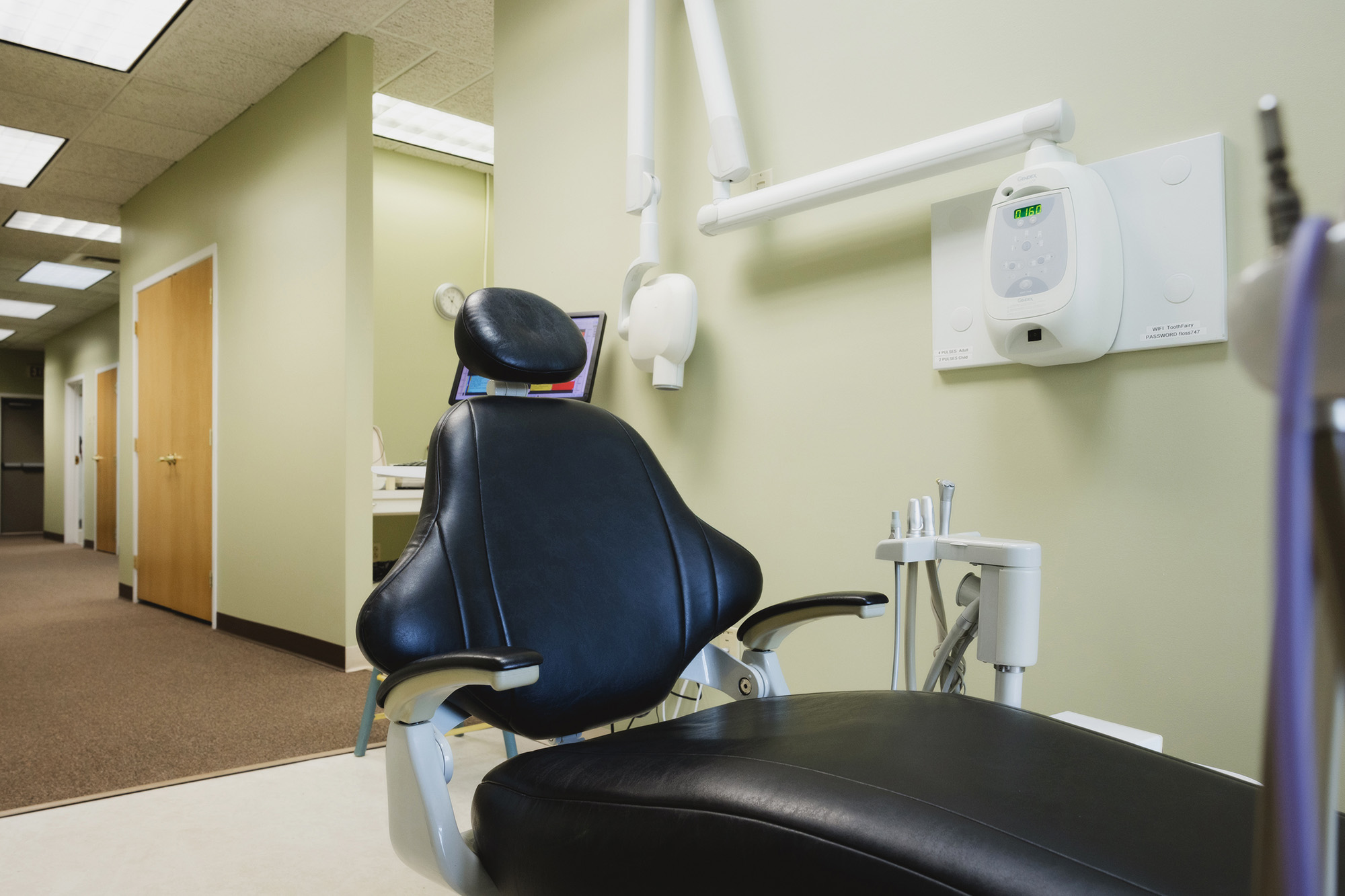Emergency Dentist in Bloomsburg, PA
No one schedules dental emergencies, and they often happen at the least convenient moments in our lives. But they do happen. That's why we're fully prepared to assist you with emergency dental care in Bloomsburg.
What to Do If You Have a Dental Emergency
If you suspect you are having a dental emergency that requires urgent care, call our office right away. We will talk with you about your symptoms and provide you with immediate instructions over the phone. Once you arrive at our office, we will do our best to provide you with emergency care to stabilize your issue, alleviate your symptoms, and restore your oral health.
Are You Having a Dental Emergency? Signs You Need Urgent Care
Sometimes, it can be difficult to determine whether the problem you are experiencing qualifies as an emergency that requires immediate care. The following signs and symptoms indicate the need for emergency dental care:
- Injury or impact to the face or mouth
- Severe or persistent oral or facial pain
- Lost tooth
- Loose permanent tooth
- Infection or abscess
- Sudden or severe swelling
- Uncontrollable bleeding
- Dry socket after an extraction
If you experience any of these issues, seek dental treatment immediately.
While every dental problem is not an emergency, we always recommend erring on the side of caution and contacting our office if you suspect something isn't right.
Common Problems That Require Urgent Care
The following common dental issues require immediate medical attention:
- Severe Toothache - The body uses pain to tell the brain something is not right. While some tooth sensitivity can be normal, if you experience a persistent or severe toothache (or other kind of oral pain), you should seek immediate care.
- Avulsed Tooth - An avulsed (knocked-out) tooth is a dental emergency. With the right actions and care, your tooth could be saved. If you have a tooth knocked out, do not touch its roots and do not rinse it in water. Only handle it by the crown. If you are able, gently place it back in its socket in your gum tissue. If the tissue is too swollen, do not force the tooth. If you are unable to return it to the socket, hold it between your cheek and gums while you make your way to the dentist's office.
- Luxated Tooth - A tooth that hasn't been fully knocked out but that has been shifted out of its proper place and alignment is also a dental emergency. You should seek professional evaluation and treatment as soon as possible.
- Broken or Chipped Tooth - While minor chips that do not extend too deep into a tooth's structure are not always emergencies, a more severely broken or chipped tooth might need immediate care. If a fracture is deep enough, the tooth can be at risk of infection, and an infection could compromise the whole tooth and your health. If you chip or break a tooth, seek emergency dental care.
- Abscessed Tooth - An abscessed tooth has a deep, serious bacterial infection. Abscessed teeth are not only painful and uncomfortable, but they can also be dangerous. Left unaddressed, oral infections can actually spread to the brain. You should seek immediate treatment to resolve your oral infection.
- Lost Dental Filling or Crown - Dental fillings and crowns seal and protect damaged teeth. If you lose one, it leaves the tooth exposed. This can be painful and can also lead to infection, further damage, and even the loss of the tooth. Seek care right away.
- Post-Surgery or Tooth Extraction Complications - After tooth extraction or oral surgery, we provide you with instructions and signs of complications to watch for. If you experience any signs of complications (such as a dry socket, infection, or uncontrolled bleeding), you need immediate care and should return to our office right away.
Safeguard Your Oral Health With These Dental Emergency Prevention Tips
We can't prevent all accidents from happening, but we can reduce our risk of having a dental emergency by practicing some general safety tips designed to protect our teeth and oral health.
- Wear a mouthguard during athletic activities and sports (especially ones that involve fall risks, impacts, balls, or sticks).
- Never use your teeth as tools (like to open packages or cut stubborn materials).
- Refrain from chewing on hard objects, ice, hard candy, or extremely sticky foods (especially if you have dental work like fillings or dental crowns).
- Always read and closely follow post-surgery and post-extraction aftercare instructions. These are designed to protect you, promote healing, minimize side effects, and (most importantly) prevent complications like infection, bleeding, and dry socket.
- Don't ignore symptoms. If you notice changes or discomfort in your mouth or maxillofacial area, don't ignore it. Remember that pain is an indication that something is wrong, so seek treatment before any existing issues persist, worsen, and become increasingly complex to treat.
Having a Dental Emergency in Bloomsburg? We're Here for You!
Of course, no one plans on having a dental emergency, but they still happen from time to time. At Bloomsburg Family Dentistry, we do our best to be here when you need dental care the most, in a dental emergency. If you experience any of the above-listed dental problems or symptoms, we strongly encourage you to contact our emergency dentist in Bloomsburg right away. We can provide you with immediate instructions over the phone, and Dr. Spence will see you as soon as possible to help you resolve your problem and make a plan for restoring your oral health.
To learn more about emergency dental care or to let us know you are on your way to our office for urgent treatment, please call our office at (570) 759-8961.

